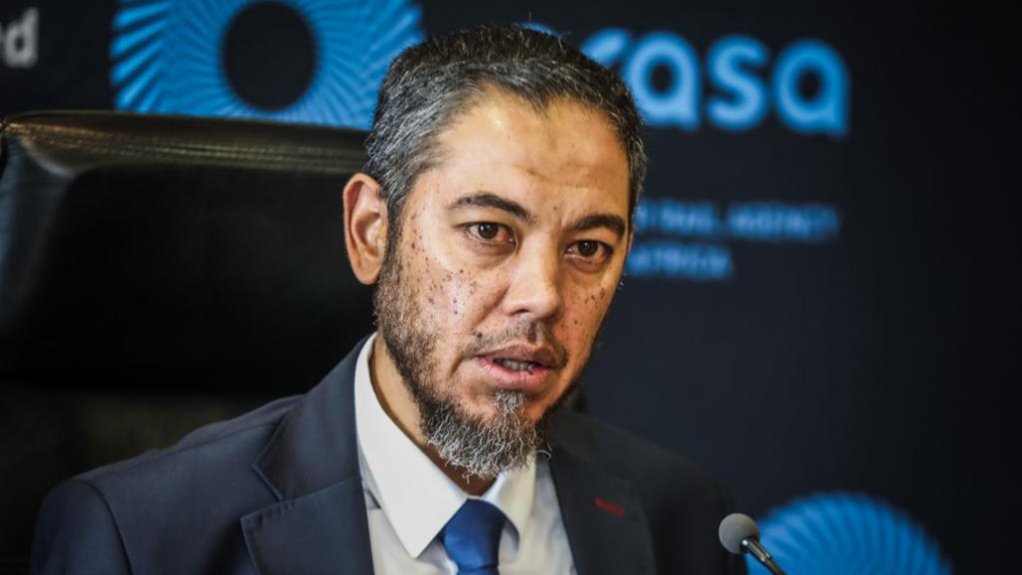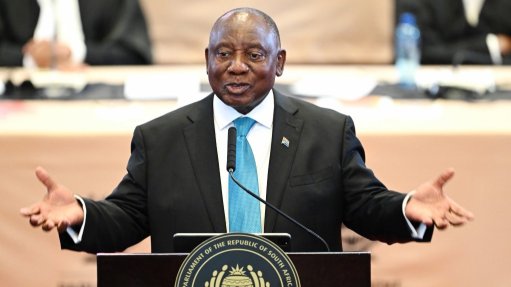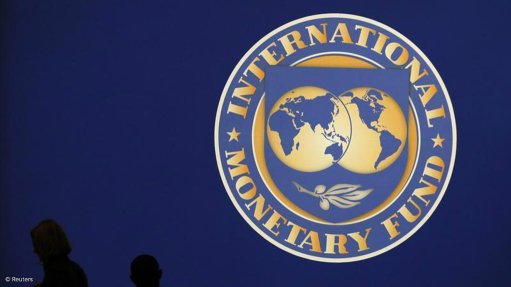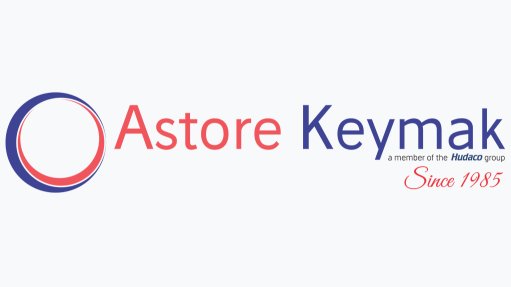PRASA employees face disciplinary action amid multibillion-rand train overhaul irregularities
In a briefing to the National Assembly’s Standing Committee on Public Accounts (Scopa) on September 17, State-owned entity (SOE) the Passenger Rail Agency of South Africa (PRASA) revealed that 11 employees are undergoing disciplinary processes for their alleged involvement in serious irregularities connected to a multibillion-rand train overhaul programme.
According to PRASA CEO Hishaam Emeran, a further two employees had already been dismissed, while the ongoing disciplinary processes were expected to be concluded within the next three months.
The irregularities relate to the agency’s general overhaul (GO) programme, which involves refurbishing ageing yellow and grey trains. A forensic investigation commissioned in 2024 to examine allegations that PRASA executives were receiving kickbacks found that the SOE had committed R7.5-billion over five years to overhaul coaches that were ultimately unnecessary and would eventually be scrapped.
Contracts for the programme, valued at R2.5-billion in disbursements to date, were signed by former PRASA executives in June 2022.
Following refurbishment, many of the trains were, however, left in depots to deteriorate.
The forensic investigation, carried out by Webber Wentzel, concluded that the refurbished trains had no operational purpose, as PRASA had begun deploying a new fleet of blue-and-white electrical multiple units (EMUs) supplied by the Gibela Rail Consortium.
PRASA had previously argued that delays in the Gibela project, which ran almost three years behind schedule, justified continuing upgrades of the yellow fleet to maintain service.
However, the project’s justification appears inconsistent with the fact that, since 2016, Gibela had delivered 268 new trains, with only 142 currently in service.
Moreover, the old trains are technically obsolete and incompatible with modern infrastructure such as digital signalling, even after refurbishment.
Emeran defended the GO programme as a strategic bridging solution rather than a permanent measure. Its purpose was to maintain and extend the lifespan of the old yellow fleet until the new EMUs, also referred to as Metrorail Bantu trains – also known as the People’s Train – could be fully deployed.
Nevertheless, the GO programme has encountered numerous challenges, including disputes over contractor performance, significant delays and allegations of overpayments for certain coaches. PRASA is currently engaged in multiple legal proceedings concerning the GO programme and its contractors, in addition to addressing shortcomings in project management and governance, Emeran said.
Given the unclear operational outcomes of the GO project, the R7.5-billion deal is increasingly being viewed as a costly and unproductive SOE contract, with PRASA reportedly having considered cancelling it.
“For projects like this, a way the corruption occurs is at different points of the contract and project management process, where the quality assurer gives a grading that is unwarranted in exchange for a kickback. There is overcharging, and the person in accounts payable who's supposed to effect the thing also knows that this invoice is inflated, and that's where the kickbacks are,” Scopa chairperson Songezo Zibi pointed out.
Beyond keeping the old trains operational, the GO programme is also aimed at reviving South Africa’s rolling stock maintenance industry, which had been in decline prior to the awarding of these contracts.
The programme is intended to preserve critical maintenance skills within the country and foster local supply development, job creation and the establishment of a domestic rolling stock manufacturing and maintenance capability. This is seen as strategically important not only for South Africa but also for positioning the country as a continental hub for rail manufacturing and maintenance.
The Webber Wentzel report identified several key concerns, including suspected overcharging by contractors for work that had not been performed, unauthorised shunting of coaches during April and May, delays in addressing underperformance and unilateral price escalations.
The investigation also highlighted PRASA project management and quality assurance deficiencies and it found evidence of irregular relationships between certain employees and contractors involving the alleged improper transfer of funds.
In response to the report, all GO contractors were served with the findings and granted a right of reply in line with the legal principle Audi Alteram Partem. The deadline for contractor responses was the end of August. Some contractors submitted detailed and lengthy responses, while others did not respond at all, PRASA revealed to Scopa.
Emeran said PRASA was reviewing the submissions, a process it expected to take about three months, after which the agency would determine the next steps regarding the contractors.
Emeran said these processes, including the internal disciplinaries, were focused on ensuring accountability and addressing both the specific issues highlighted by the forensic investigation and broader project management shortcomings, including reporting and governance structures.
The disciplinary review examined the entire value chain of the GO project, from invoice approval to acceptance of completed work and authorisation of payments. Areas of concern included overcharging or improper sign-off on invoices, failure to verify the quality of work before acceptance and deviations from established procedures at various stages of the project.
Some employees were also allegedly implicated in the unauthorised transfer of funds, which is also being addressed through the ongoing disciplinary processes.
Emeran elaborated on the nature of the charges, explaining that they primarily related to performance failures in project management, improper adherence to processes for accepting and signing off on work, approving invoices without sufficient verification and potential corrupt activities, including unauthorised movement of funds.
“There are issues about corrupt malfeasance activity, where there were issues of money that has moved around. We have dealt with that also. That's part of the process. But the majority of the ones that we are dealing with . . . relate to the performance through this project,” Emeran said.
Of key concern was the irregular bidding process that led to the awarding of the multibillion-rand GO contracts, including the unfair disqualification of bidders, where some bidders were disqualified inconsistently while other bidders with similar shortcomings were treated differently.
Moreover, some bidders who did not meet mandatory requirements were still allowed to proceed.
Emeran admitted that there were inconsistencies in how bidders were evaluated and that the process suggested potential manipulation of the tender evaluation.
During the briefing, Zibi specifically requested that PRASA prepare and submit several documents to facilitate a more detailed investigation into the GO programme procurement process. These documents included the report of the bid specification committee, a complete list of all bidders and the detailed scoring for all bidders as determined by the bid evaluation and related committees.
He expressed serious concern that the procurement process appeared to be “rigged”, suggesting that mandatory requirements may have been applied inconsistently.
To illustrate his point, he used the analogy of a boxing ring: if the requirement is to have two arms to compete, but participants with only one arm are allowed while others are disqualified, it indicates manipulation of the process. He emphasised that this situation warranted thorough scrutiny to ensure fairness and transparency.
Zibi sought clarity on several key points, including who was responsible for the inconsistent scoring, what disciplinary or corrective actions would be taken against those who conducted the flawed evaluations, the potential consequences for bidders who were unfairly disqualified and whether the process itself was fundamentally flawed and required repetition.
The underlying aim was to ensure complete transparency and uncover any potential corruption in the awarding of contracts under the GO programme. By requesting these specific documents, Zibi intended to conduct a comprehensive review of the selection process for contractors involved in PRASA’s train overhaul programme.
Although no resolution was arrived at regarding the potential cancellation of the unproductive GO contracts, Emeran suggested that PRASA focused on improving contract management and performance rather than wholesale cancellation.
However, it was alluded to that the door remained open for potential contract modifications or non-renewal based on the outcomes of the ongoing investigations.
Article Enquiry
Email Article
Save Article
Feedback
To advertise email advertising@creamermedia.co.za or click here
Press Office
Announcements
What's On
Subscribe to improve your user experience...
Option 1 (equivalent of R125 a month):
Receive a weekly copy of Creamer Media's Engineering News & Mining Weekly magazine
(print copy for those in South Africa and e-magazine for those outside of South Africa)
Receive daily email newsletters
Access to full search results
Access archive of magazine back copies
Access to Projects in Progress
Access to ONE Research Report of your choice in PDF format
Option 2 (equivalent of R375 a month):
All benefits from Option 1
PLUS
Access to Creamer Media's Research Channel Africa for ALL Research Reports, in PDF format, on various industrial and mining sectors
including Electricity; Water; Energy Transition; Hydrogen; Roads, Rail and Ports; Coal; Gold; Platinum; Battery Metals; etc.
Already a subscriber?
Forgotten your password?
Receive weekly copy of Creamer Media's Engineering News & Mining Weekly magazine (print copy for those in South Africa and e-magazine for those outside of South Africa)
➕
Recieve daily email newsletters
➕
Access to full search results
➕
Access archive of magazine back copies
➕
Access to Projects in Progress
➕
Access to ONE Research Report of your choice in PDF format
RESEARCH CHANNEL AFRICA
R4500 (equivalent of R375 a month)
SUBSCRIBEAll benefits from Option 1
➕
Access to Creamer Media's Research Channel Africa for ALL Research Reports on various industrial and mining sectors, in PDF format, including on:
Electricity
➕
Water
➕
Energy Transition
➕
Hydrogen
➕
Roads, Rail and Ports
➕
Coal
➕
Gold
➕
Platinum
➕
Battery Metals
➕
etc.
Receive all benefits from Option 1 or Option 2 delivered to numerous people at your company
➕
Multiple User names and Passwords for simultaneous log-ins
➕
Intranet integration access to all in your organisation





















